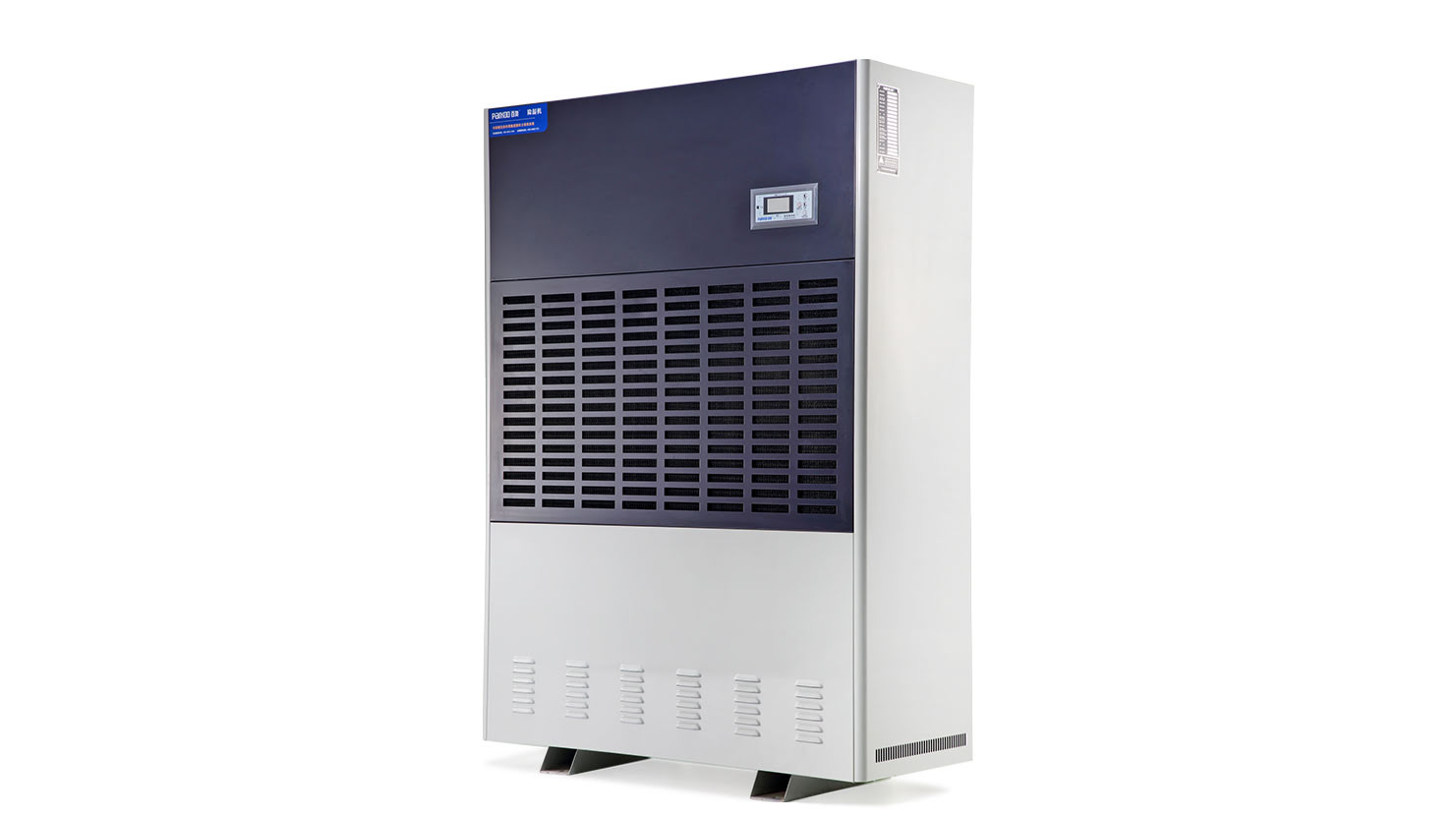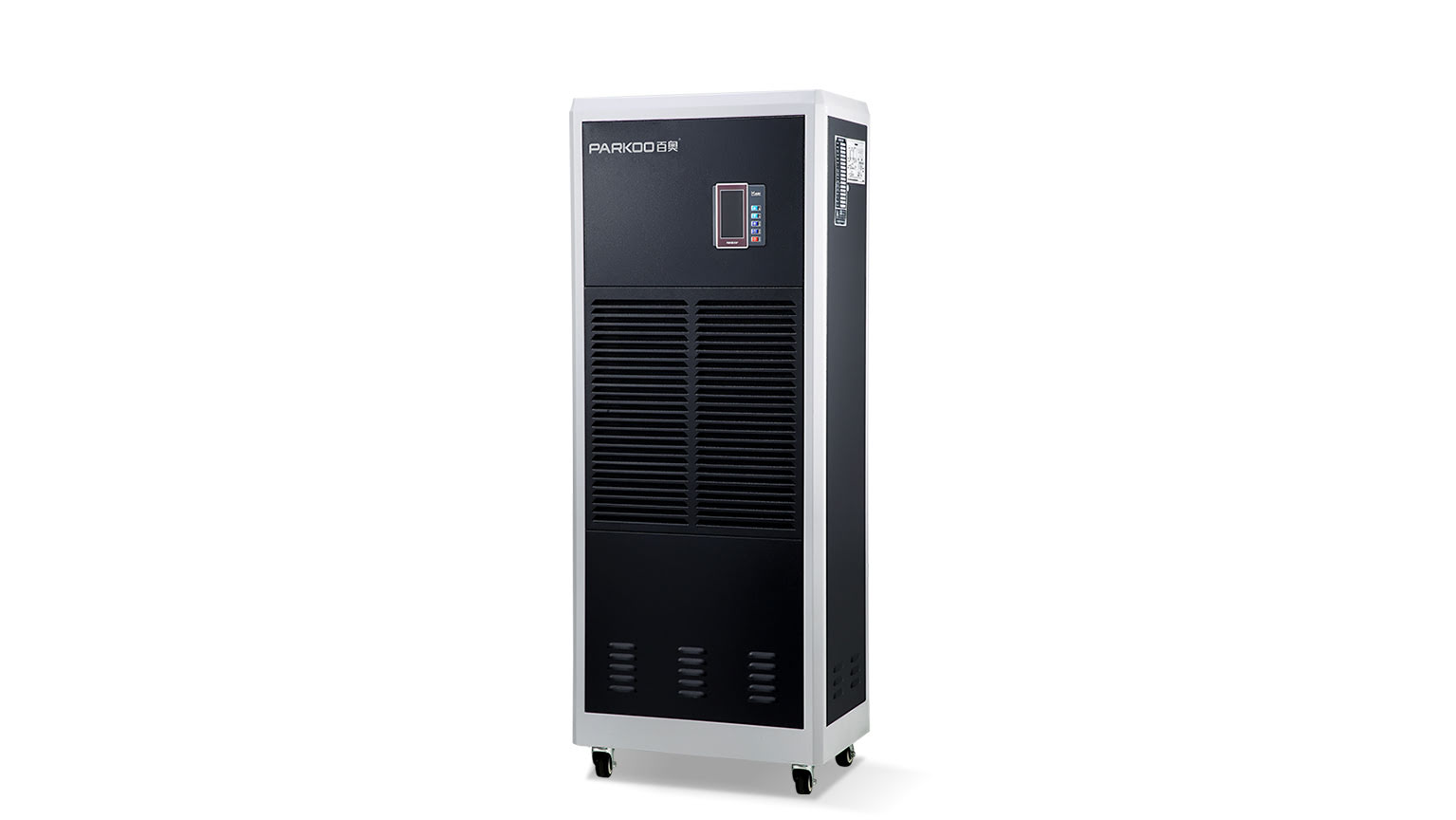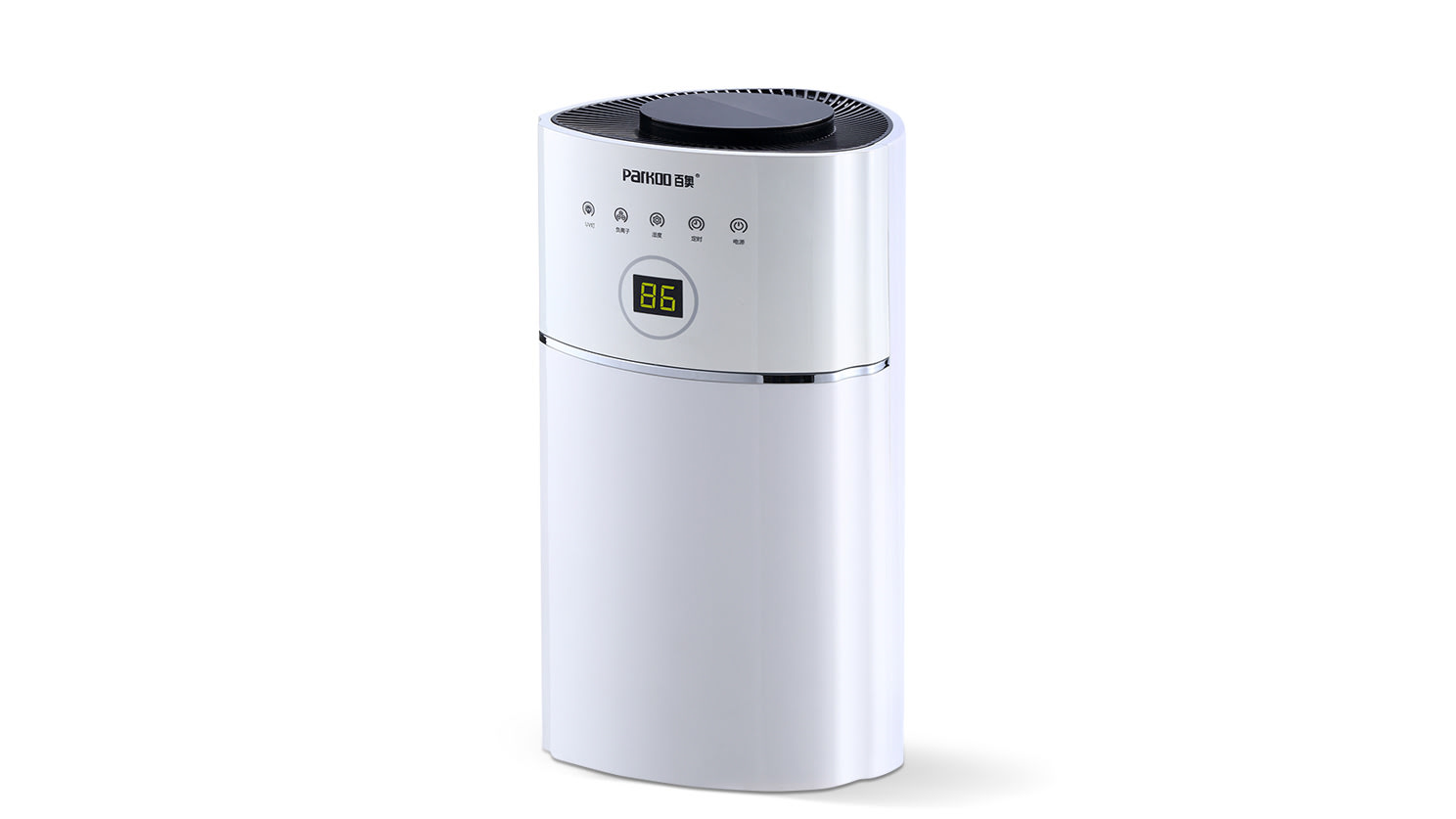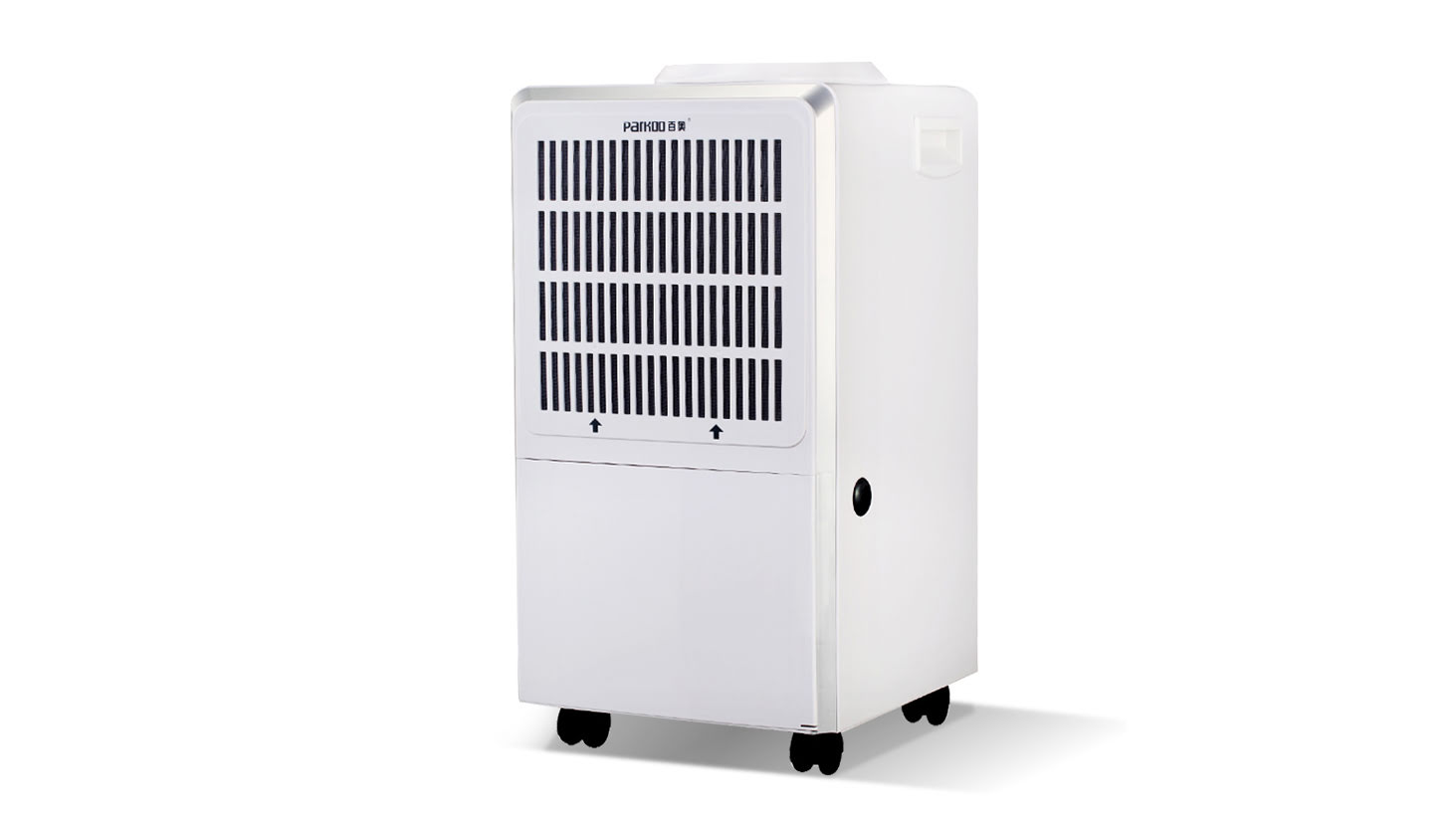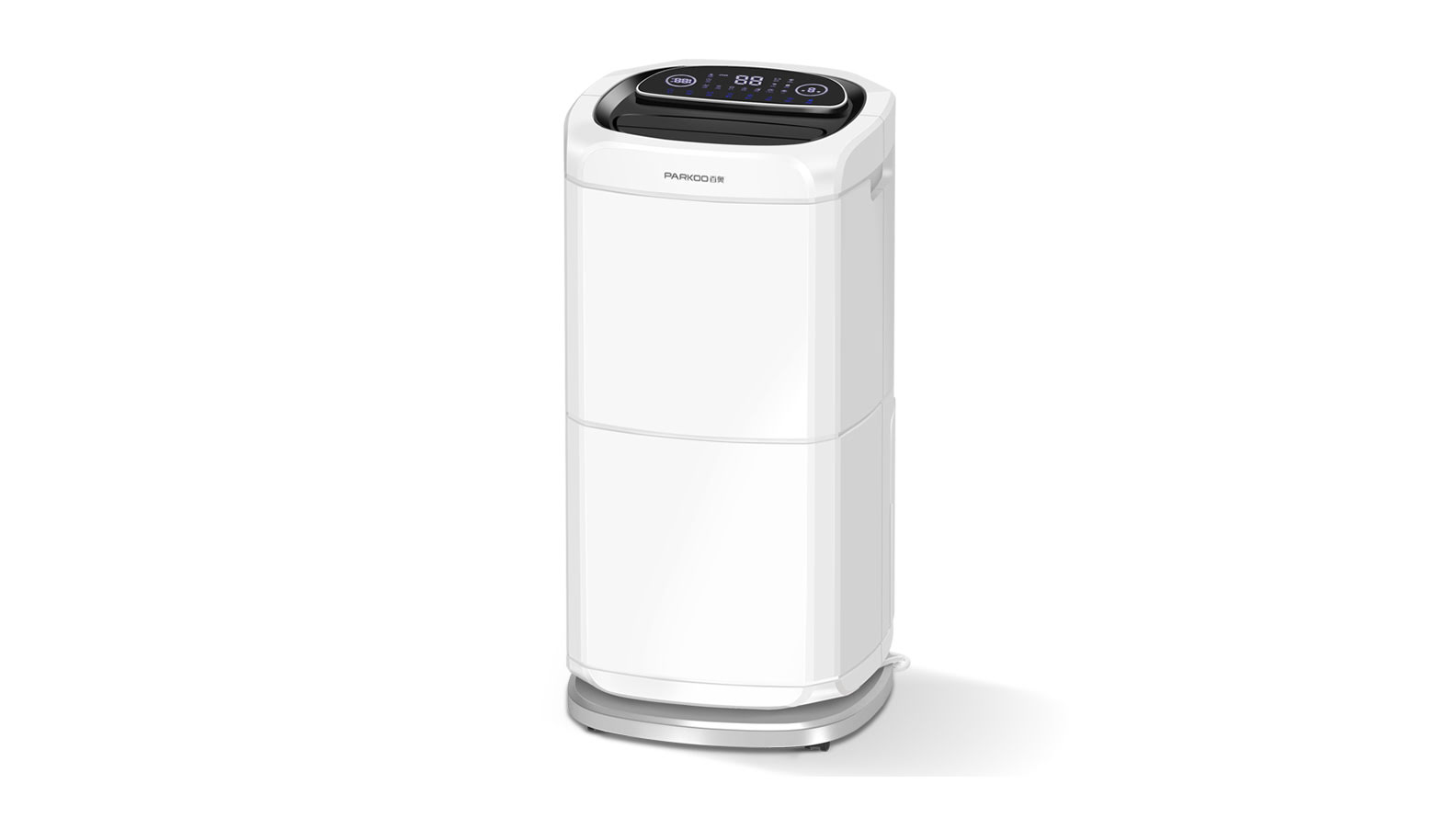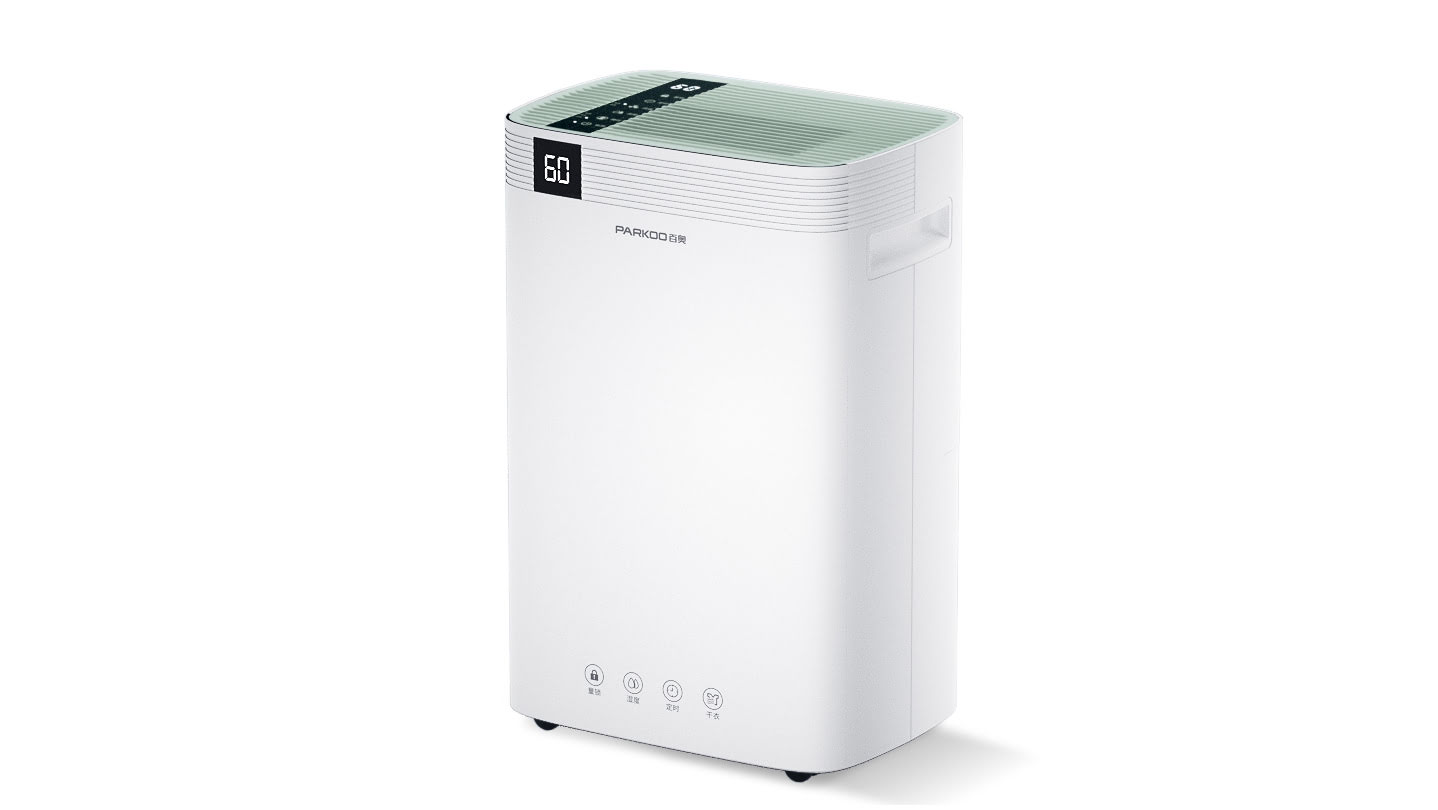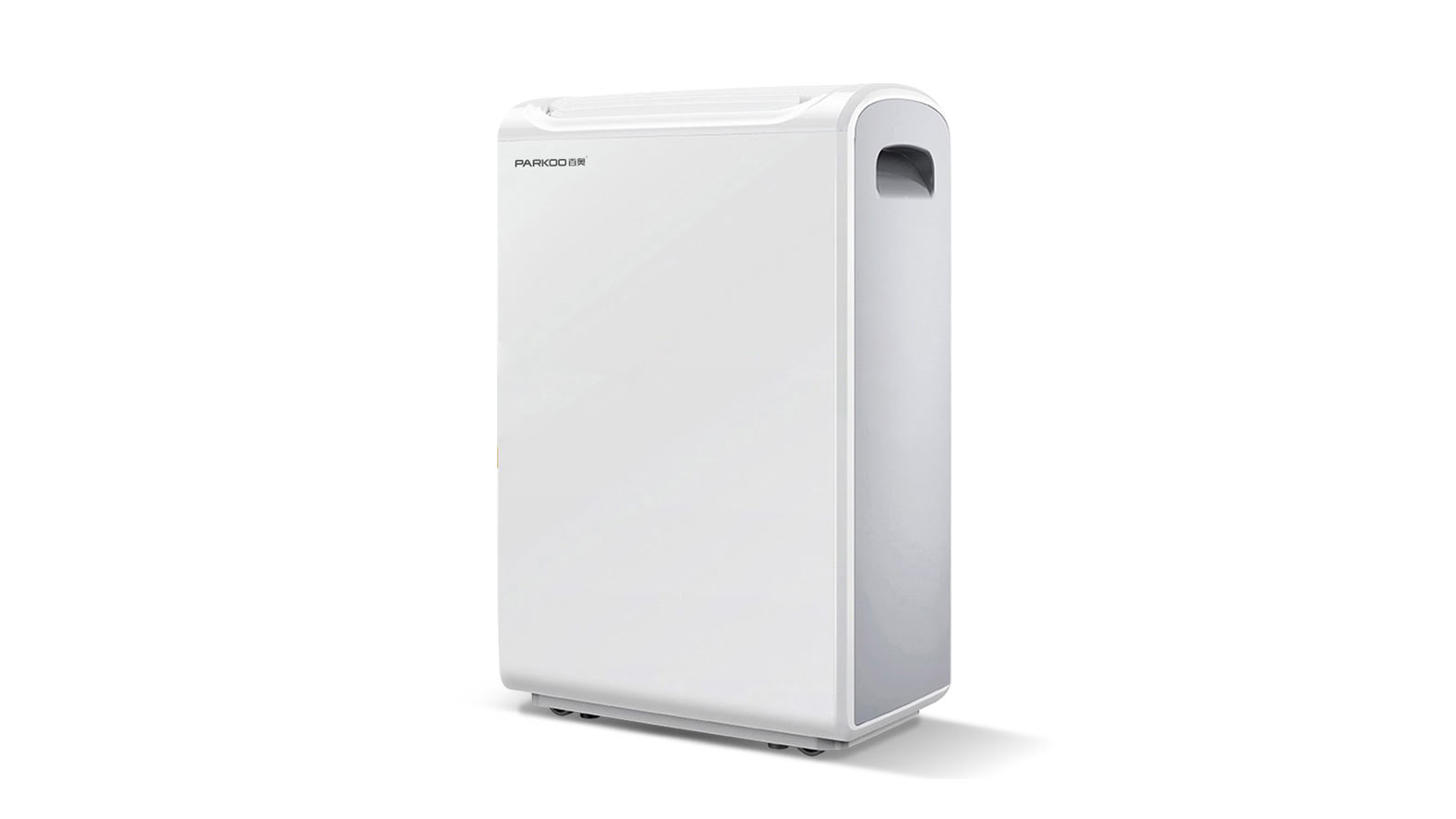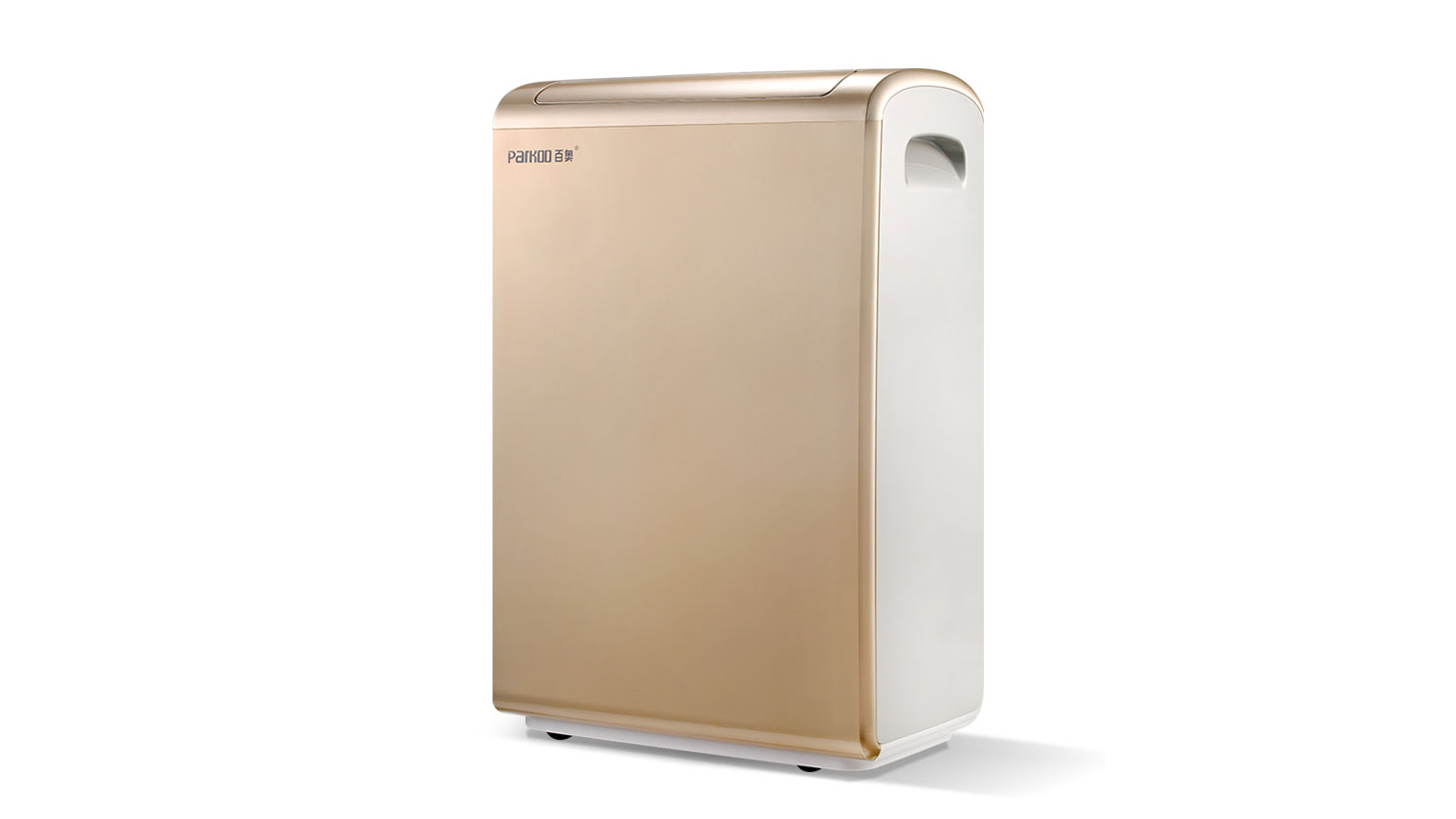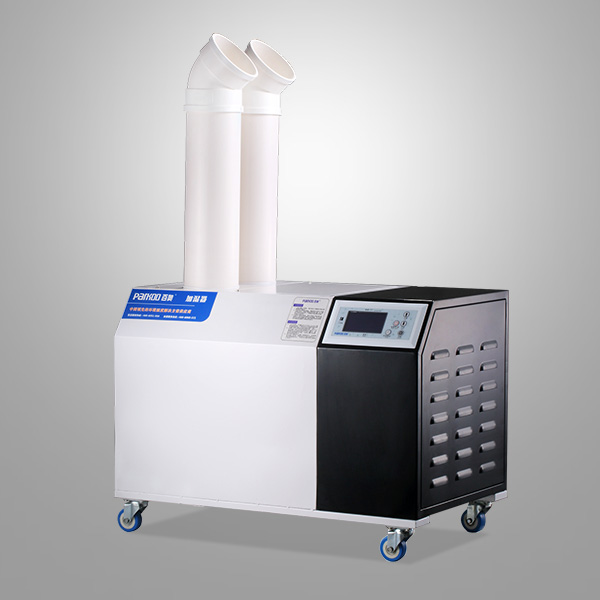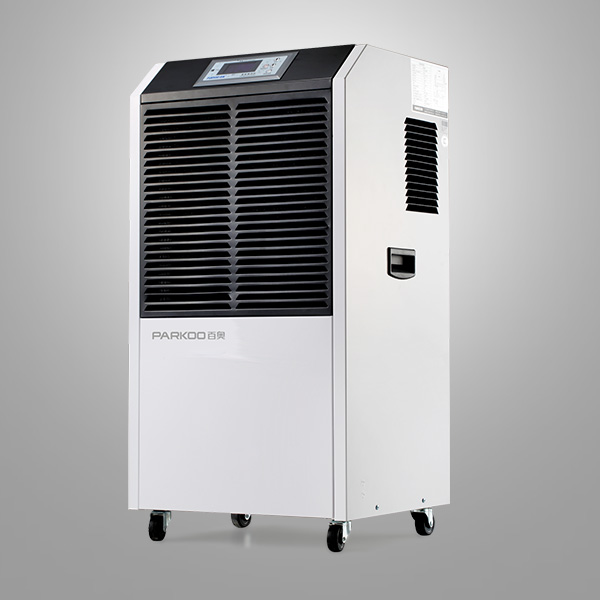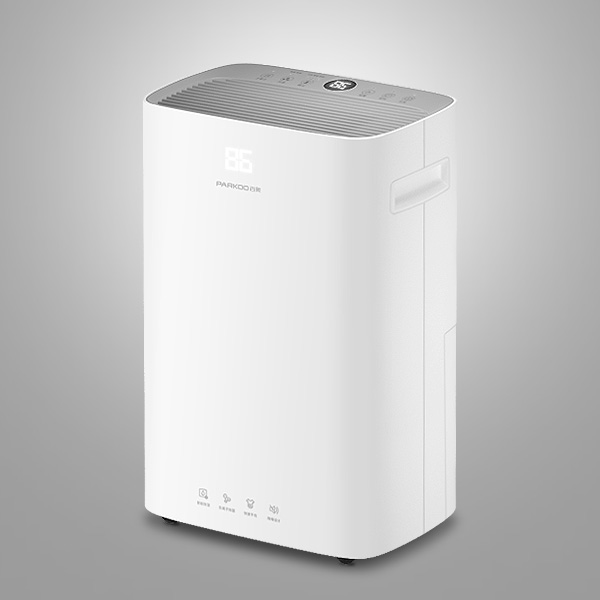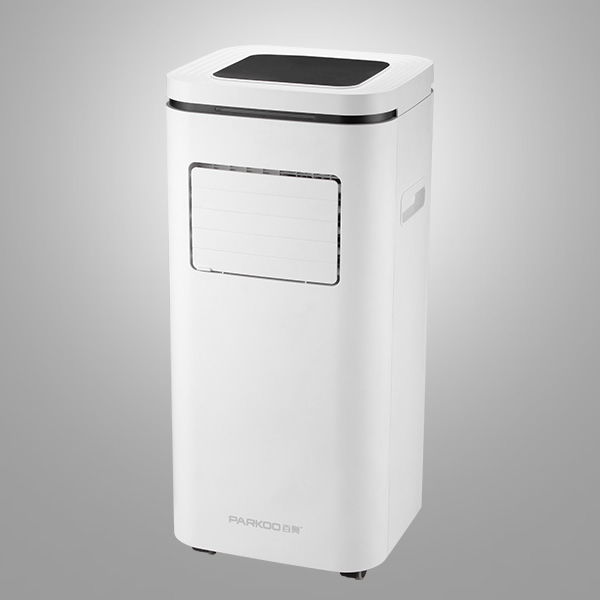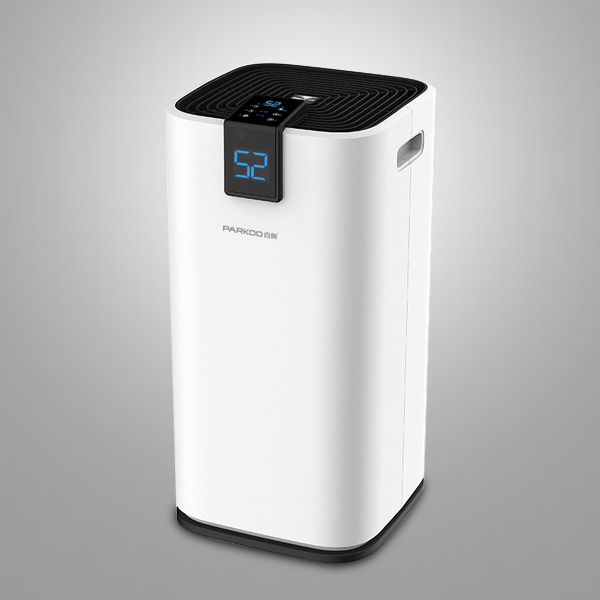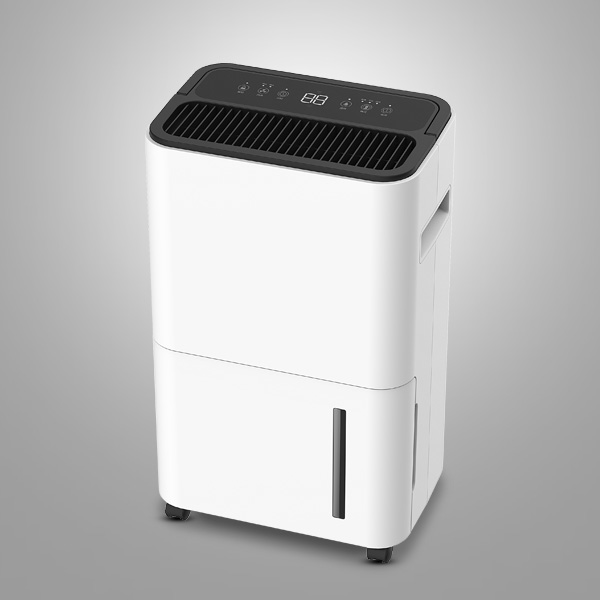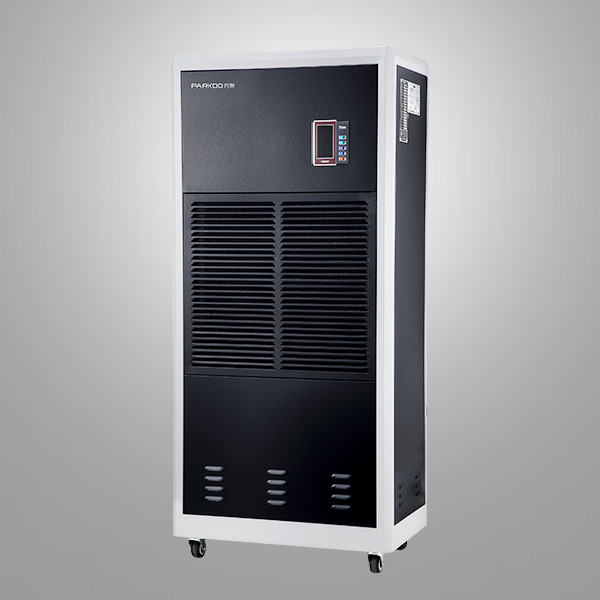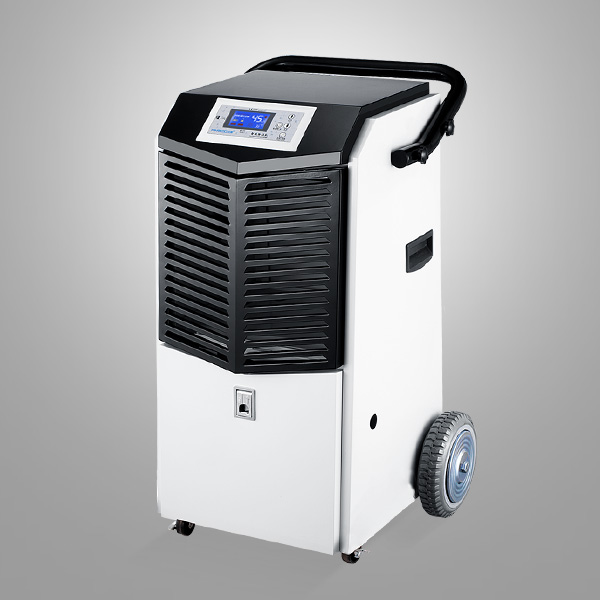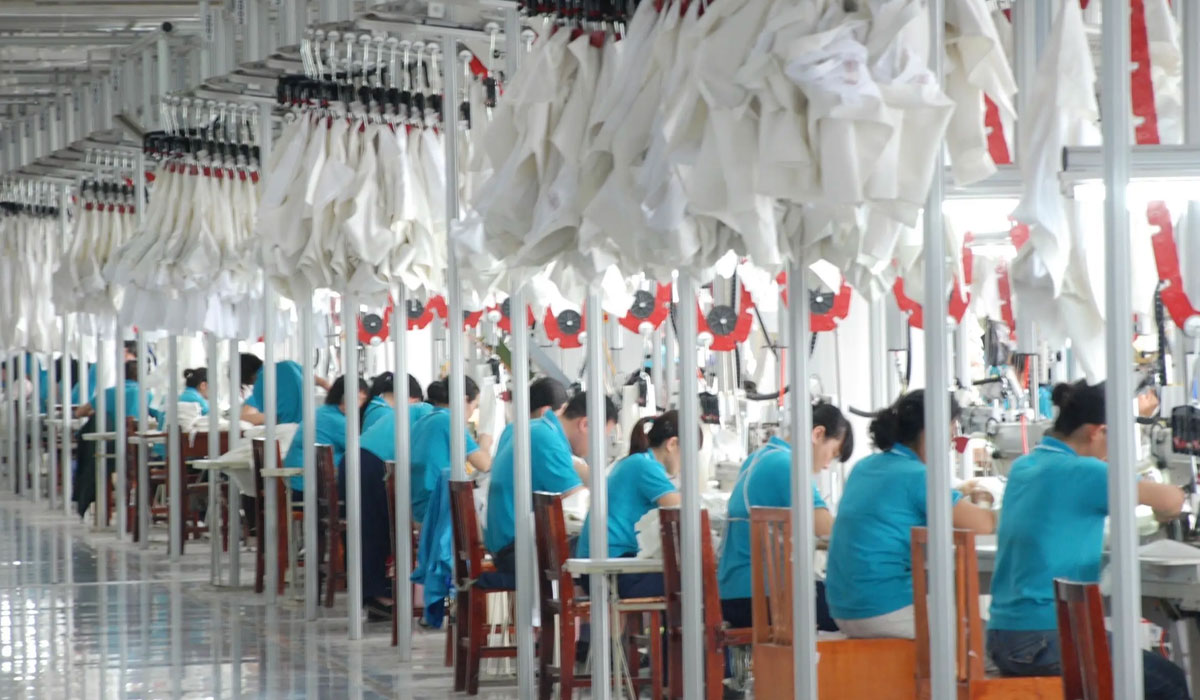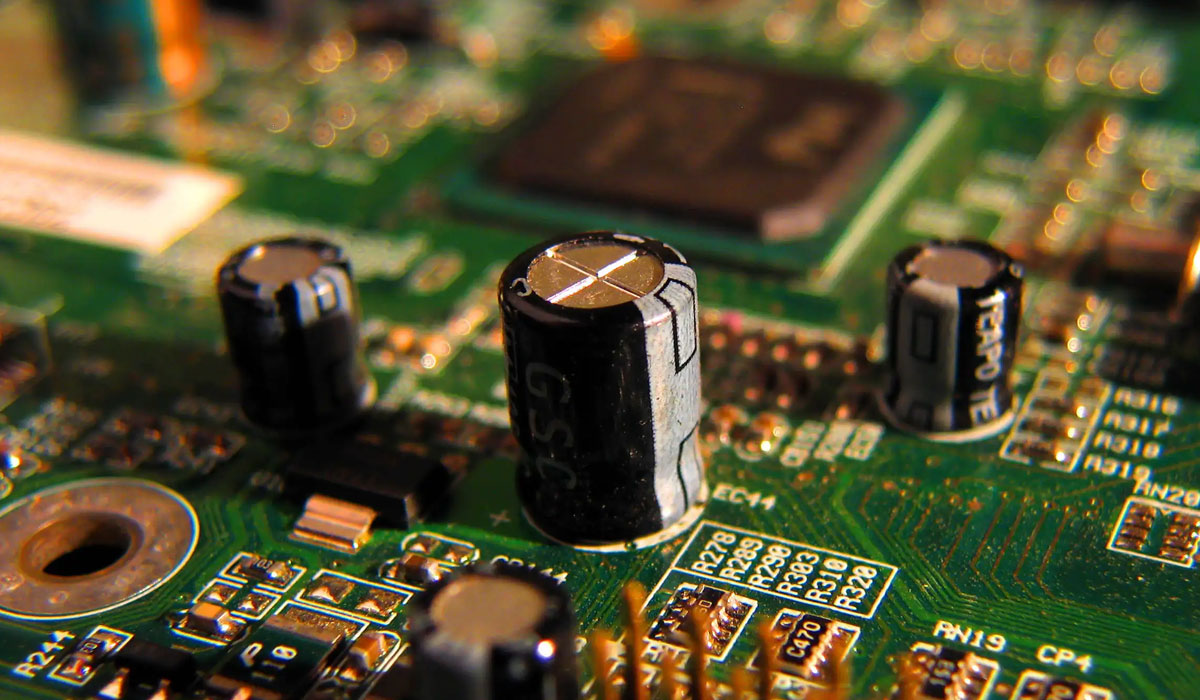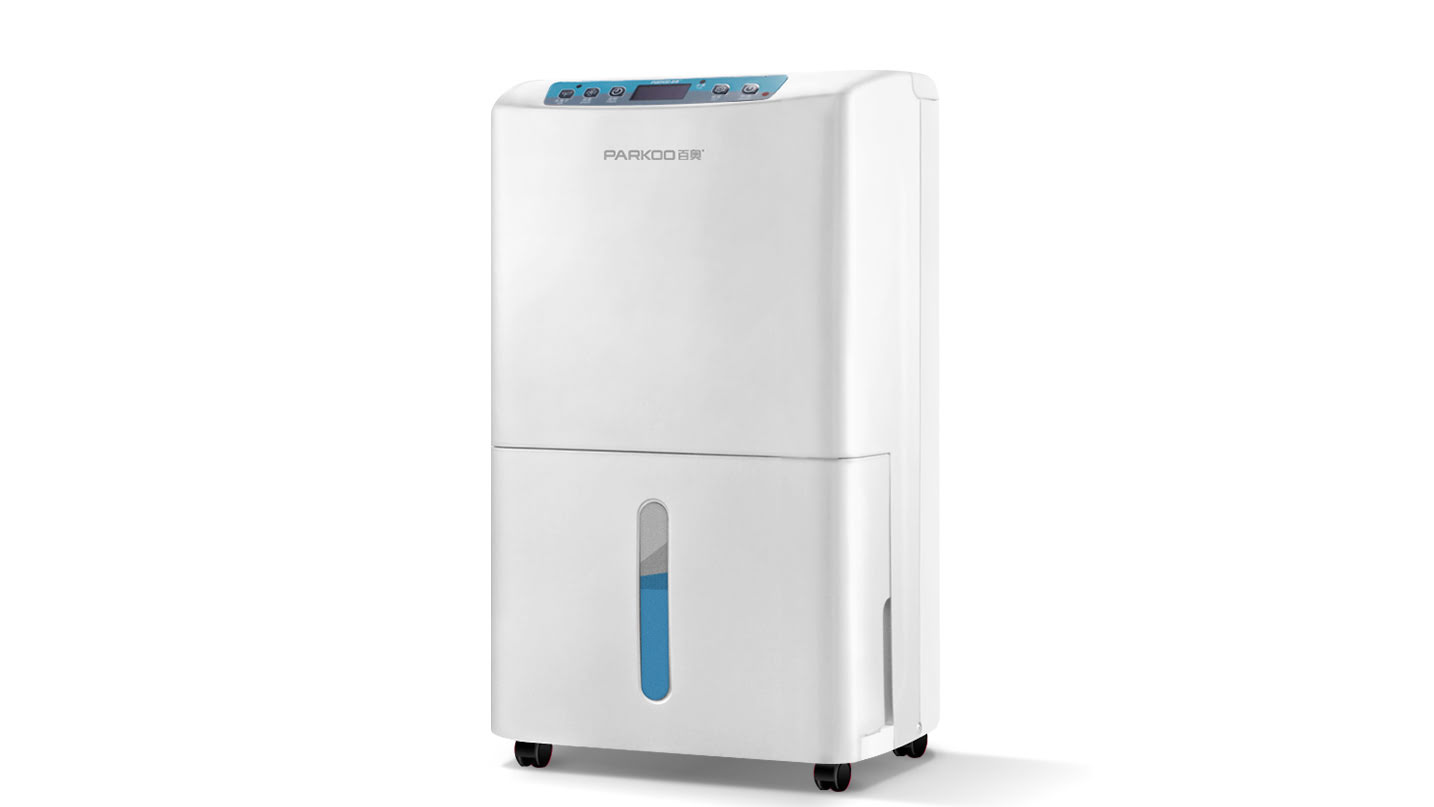For residents in certain places, the threat of smog has become so real, as they continue to struggle with this problem almost every year. When dust particles, moisture, and smoke molecules are trapped in the air, haze is generated. This situation not only seriously affects visibility and makes cars dangerous when driving on the road, but also causes respiratory and other health problems. Some of the most common health problems caused by haze are Conjunctivitis, throat irritation, severe cough, dyspnea, asthma and Chronic obstructive pulmonary disease. The best way to protect oneself and loved ones from the negative effects of haze is to take protective measures
Below is a list of 8 things we need to do during the haze attack
During haze
Stay indoors:
If your area is experiencing severe haze, this is the most basic and important reminder you need to follow.
. This means that even if you have very important customer meetings, you need to sincerely strive to stay indoors and pause work The best practice is to check the air quality forecast and reschedule the work to a later date. When at home, be sure to close all doors and windows to prevent polluted air from entering the houseThe habit of wearing a suitable mask:
Many people in Singapore wear masks outdoors every day.
. However, what most people do not know is that not all masks are designed to provide effective protection against haze. In addition, most Singaporeans choose to cover their faces with napkins and handkerchiefs during haze attacks. These measures are simply not enough. Purchase and use N95 breathing masks to ensure appropriate protection for you and your family. In addition, please ensure that the purchased mask completely covers your nose and mouth and fits perfectly without leaving any gaps. Even on a sunny day, cultivate the habit of carrying masks in your handbag or pocket. It's also a good idea to put some N95 masks in the car to avoid sudden smokeCheck the air quality report before going out:
Singapore often experiences haze, and the National Environment Agency and meteorological reporting agencies publish hourly and real-time air quality updates on television and the internet.
. Air quality is measured in units of Pollution Standard Index (PSI). A high PSI range indicates high pollution or haze. To ensure that you understand pollution readings and haze predictions, PSI readings exceeding 150 are considered unhealthy, while readings above 300 are dangerous. This is precisely why it is a good idea to check the air quality report before going to work and avoid going outdoors if the PSI reading reaches a dangerous level
Maintain moisture:
Tiny dust and smoke particles can enter your mouth, making your throat dry.
. This may cause severe coughing and throat irritation. The best way is to keep yourself constantly hydrated. In addition, toxins inhaled and absorbed by the skin exert great pressure on the kidneys and can cause health problems. Water helps flush these toxins out of the body. Set an hourly alarm to remind oneself to drink water even during busy work hours. Additionally, whenever you have the opportunity, be sure to carry a bottle of water with you and sip it outdoors every time. In addition to drinking at least 2 liters of water per day, it is also important to avoid drinking beverages such as coffee and alcohol that can cause dehydration. When indoors, use the humidifier properly to humidify the indoor environmentDuring haze
Avoid outdoor activities that your body needs:
High concentrations of pollutants in the air can seriously damage your respiratory system.
. That's why you should stay indoors when caught in a haze attack. If you engage in outdoor activities or household chores during the haze period, you will inadvertently inhale a large amount of particles in the air. Intense tasks make your breathing heavier, and with each inhalation, you inhale more pollutants, which also exacerbates thisWash your face and hands frequently:
Another useful tip to keep your body healthy in a severe haze is to wash your face and hands every few hours.
. Cleaning your hands and face helps to remove toxins and prevent them from being absorbed by the skin or accidentally ingested. After returning home from work, one should immediately take a shower and wash away any body residueIf you encounter breathing problems, please see a doctor
Heavy haze can lead to dangerous health problems, and people with a history of asthma and other Respiratory disease are particularly vulnerable. This is why appropriate measures need to be taken every time you detect symptoms. If you have difficulty breathing, severe rash, or even if you constantly cough, do not seek medical attention. If the symptoms are moderate, please call a doctor
Using air conditioning or air purifiers at home:
Air conditioning and air purifiers can keep the air in your home clean.
. In order for them to work properly, please make sure to close all doors and windows. If your house is trapped in severe smoke, you can also use both air conditioning and air purifiersDo your job well and reduce pollution levels:
During haze, atmospheric conditions cause the air to capture particles in the air.
. This means that when the threat of haze is imminent, you should do everything possible to reduce pollution levels. There seem to be very few things, such as smoking, barbecues outside, driving polluted cars, and burning leaves, which add strength to the problem of smog. The best way is to maintain awareness among oneself and neighbors, and encourage positive local changes. Encourage local people to do their best to reduce pollution levels